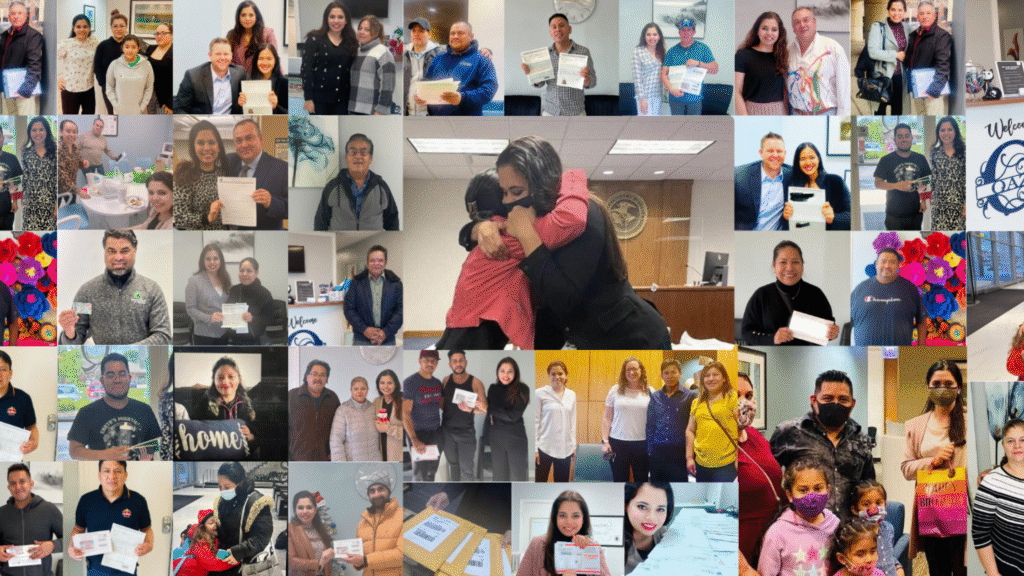The Evolving Landscape: What’s Unfolding in Chicago Right Now
Chicago under ICE spotlight is not just a headline; it is the reality facing immigrant families as federal raids, heightened security, and sudden enforcement actions reshape daily life in Illinois. Yet it serves as a reminder that preparation, advocacy, and strong legal protection can make all the difference in uncertain times. Here are five key facts unfolding right now that every immigrant and ally should be aware of.

1. Introduction of Operation Midway Blitz
- The Department of Homeland Security has launched Operation Midway Blitz, focused on deporting undocumented immigrants with criminal records in the Chicago area.
- The initiative is being publicized as targeting violent offenders, but early reports show arrests, including a flower vendor and individuals waiting at bus stops, that suggest enforcement may be broader.
2. Lack of Coordination with Local Leaders
- Chicago and Illinois officials, including Mayor Brandon Johnson and Governor J.B. Pritzker, say they received no advance notice about the operation.
- They criticized the move as politically motivated and lacking due process.
3. Military Involvement & Preparedness
- Reports indicate that Naval Station Great Lakes has been approved as a staging ground for ICE agents.
- There are concerns that it could also be used to house National Guard or active-duty troops if military support is directed.
- Some local politicians and advocates warn that a militarized presence could violate legal norms that restrict military involvement in civilian law enforcement.
4. Heightened Security in Chicago
- Local outlets report stepped-up federal immigration activity in the Chicago area, with city officials publicly preparing for potential operations.
- Fencing recently went up around the Dirksen Federal Courthouse, and city leaders reiterated Chicago’s limits on cooperation with federal immigration enforcement.
5. Community Fear and Disruption
- The intensifying crackdown has sparked fear across neighborhoods, particularly among Latino communities.
- Families are increasingly anxious about sending children to school and accessing public spaces.
- In response, some suburban areas have urged residents to report sightings of federal agents and promised community support.
Taken together, this means federal actions may continue, but city and state rules still protect many residents from local-federal entanglement. Churches, community groups, and elected officials have urged calm preparedness, with legal challenges underway regarding any federal militarization.
Chicago & Illinois Laws: Local Protections in Place

- Chicago: The Welcoming City Ordinance and a 2025 executive order restrict city agencies and police from assisting in civil immigration enforcement or using city resources for that purpose. This does not stop federal agents from acting, but it limits local participation.
- Illinois: The TRUST Act and related state policies prohibit local police from enforcing civil immigration law, detaining people solely on ICE requests, and from stopping individuals based on perceived immigration status.
Six Ways to Protect Yourself from ICE

- Know your rights: Everyone has certain legal rights regardless of their immigration status. It is important to know your rights, including:
- You have the right to remain silent
- You have the right to speak with a lawyer before answering questions or signing documents.
- You have the right to refuse a search.
Download multilingual resources from the ACLU of Illinois: Know Your Rights if Stopped by ICE and share them with your household. The page includes what to do at home, at work, and in public, plus wallet-sized rights cards. Carry a rights card and lawyer’s number and hand it over rather than speaking if approached.
- Keep important documents in a safe place: Make sure to keep important documents like your passport, immigration documents, any court orders, receipts from pending cases, your attorney’s contact information, and your birth certificate in a safe place that is easily accessible in case of an emergency.
- Avoid interactions with ICE: If possible, avoid interactions with ICE agents. Do not open the door unless they show a judge-signed warrant; request that it be slid under the door.
- Have a plan in case of detention: It is important to have a plan in place in case you or a family member is detained by ICE.
- Make a family plan: designate emergency childcare, school pickup, and medical contacts so children are never left in limbo.
- Seek legal assistance: If you are facing immigration issues or have concerns about your legal status, it is important to seek legal assistance from an experienced immigration lawyer. An experienced immigration lawyer can certainly help you understand your legal options and rights, and can represent you in court if necessary.
File Now: Why a Timely Application Can Protect You
Filing the right case can place you on a more secure legal footing. Depending on your facts, this may include asylum, family-based petitions, Special Immigrant Juvenile Status, VAWA, U or T visas, Temporary Protected Status, or other relief.
A properly filed case creates a paper trail, may lead to work authorization in certain categories, and can strengthen your equities if enforcement happens while your case is pending. It also shows a good-faith effort to comply with U.S. immigration law, something judges and officers take seriously. The sooner you act, the more options you preserve for yourself and your family.
You Have Options, And We Can Help

Enforcement news can feel overwhelming, but knowledge and preparation change outcomes. If you or a loved one needs a plan, call 630-504-0648 or schedule a confidential consultation with Attorney Farrah.
Sign Up for Our Newsletter: Receive weekly immigration news and free toolkits.
Follow us on social media to stay informed:
Facebook: Qazi Law Offices
Instagram: Abogada Farrah Qazi
LinkedIn: Qazi Law Offices
Your family’s safety and stability are not abstract ideas. With a clear strategy and the right advocate, they are absolutely within reach.

